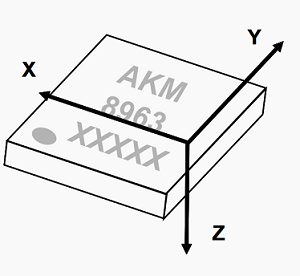Analyze the first program
The first program :helloworld.go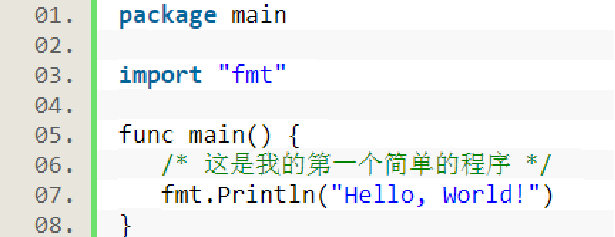
1、 First line of code package main The package name is defined .
You have to indicate in the first line of the source file which package this file belongs to ,
Such as :package main.package main Represents a program that can be executed independently ,
Every Go The application contains a file named main My bag .
2、 The next line import "fmt" tell Go Compiler this program needs to use fmt package ( Function of , Or other elements ),
fmt Package implements formatting IO( Input / Output ) Function of .
3、 The next line func main() Is the function that the program starts to execute .
main Function is a necessary part of every executable program ,
Generally speaking, it is the first function executed after startup ( If there is init() Function will execute the function first ).
4、 The next line /*...*/ It's a comment , Will be ignored during program execution .
Single line comments are the most common form of comments , You can use it anywhere to // The opening single line comment .
Multiline comments are also called block comments , All of them have been /* start , And */ ending , And it can't be nested ,
Multiline annotations are generally used for package document description or block code fragments .
5、 The next line fmt.Println(...) You can output strings to the console , And at the end automatically add the line feed character \n.
Use fmt.Print("hello, world\n") You can get the same result .
Print and Println These two functions also support the use of variables , Such as :fmt.Println(arr).
If not specified , They print variables in the default print format arr Output to console .
6、 When identifier ( Include constants 、 Variable 、 type 、 Function name 、 Structure fields and so on )
Start with a capital letter , Such as :Group1, Then the object using this form of identifier
Can be used by external package code ( The client program needs to import this package first ),
This is called export ( Like in object-oriented languages public); If the identifier starts with a lowercase letter ,
It's invisible outside the package , But they are visible and available inside the entire package
( Like in object-oriented languages protected ).
Go Mark -Go A program can be made up of multiple tags , It can be a keyword , identifier , Constant , character string , Symbol .
As below GO Statement by 6 It's made up of two markers :
1. fmt
2. .
3. Println
4. (
5. "Hello, World!"
6. )
Line separator : stay Go In the program , A line represents the end of a statement .
Every sentence doesn't need to look like C Other languages in the family use semicolons as well ;
ending , Because these jobs will be done by Go Compiler autocompletes .
If you plan to write multiple statements on the same line , They have to use ;
Artificial distinction , But in the actual development, we do not encourage this kind of practice .
fmt.Println("Hello, World!")
notes : Comments are not compiled , Each package should have related comments .
Single line comments are the most common form of comments , You can use it anywhere to // The opening single line comment .
Multiline comments are also called block comments , All of them have been /* start , And */ ending . Such as :
// Single-line comments
/*
Author by Novice tutorial
I'm a multi-line comment
*/
More technology sharing concerns -> 
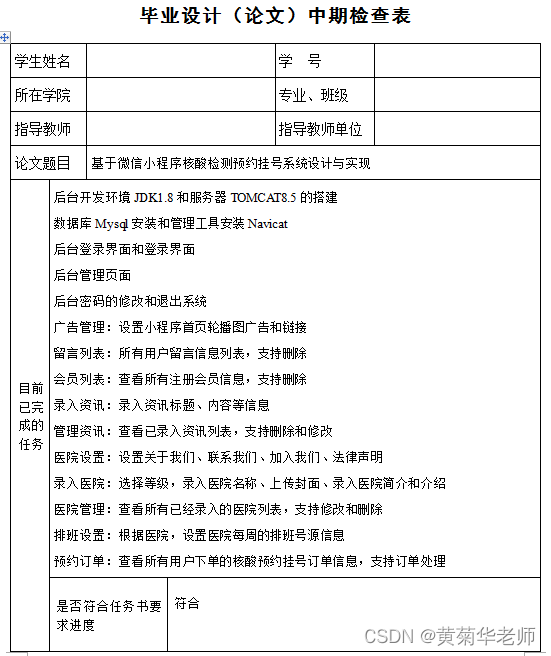
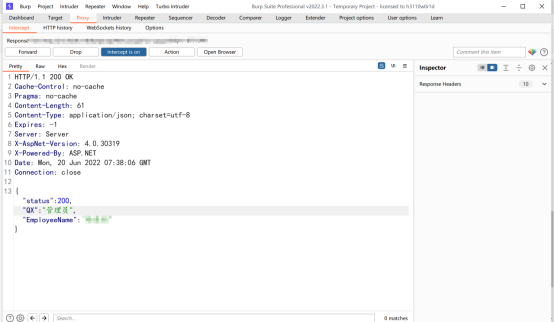



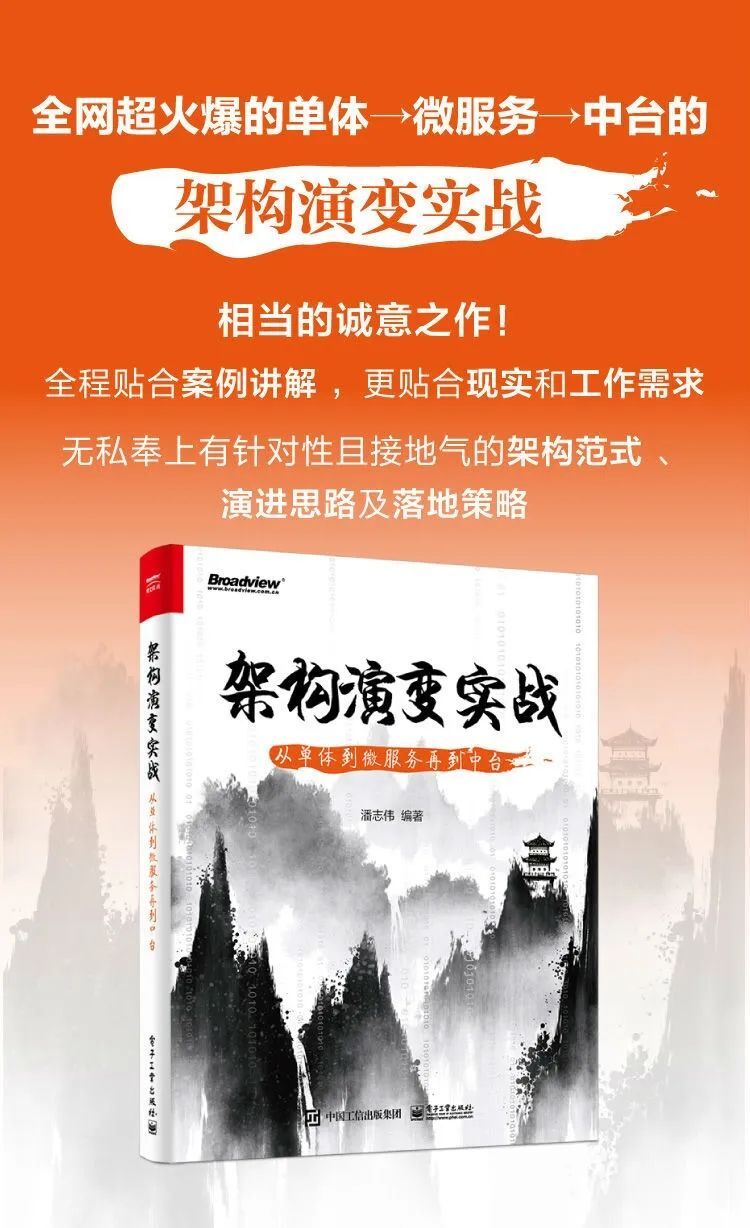

![[Oracle] use DataGrid to connect to Oracle Database](/img/4f/886378667889f730eaed39b97f0a39.png)
